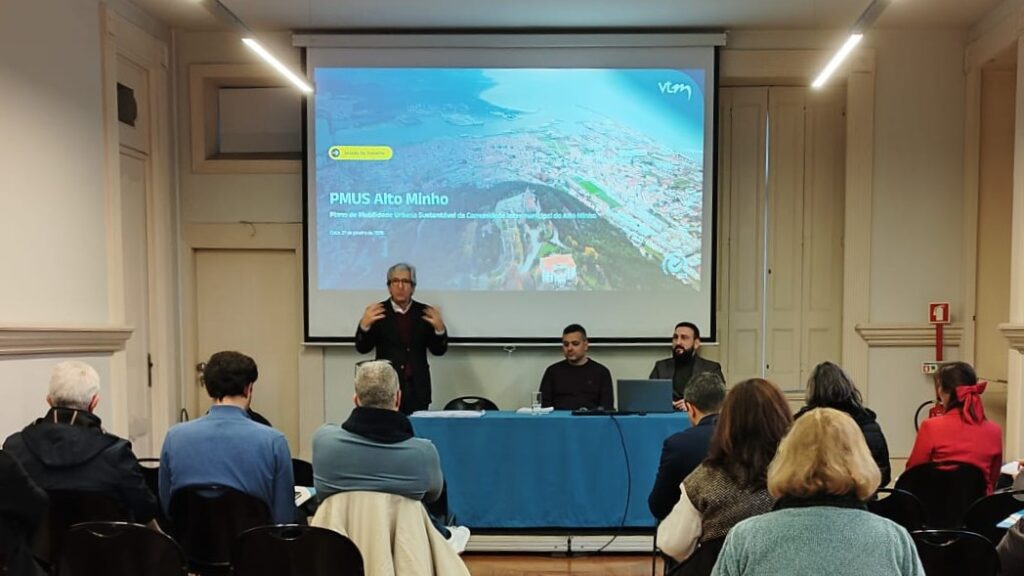VTM addresses gender inequality in the transport sector labour market

An insightful scientific article by the VTM team has just been published on a specialised journal.
The transport sector is a traditionally male-dominated one, both from an employment point of view and for the values it embodies. It has the stigma of being dominated by a “macho” culture and it has been regarded as “no place for women”. Globally, women represent less than one-fifth of the transport workers in the European Union.
Gender segregation within the transport sector starts early, influenced by traditions and stereotypes that dictate career paths for both men and women, with gender segregation crossing not only the labour market, but also the educational system.
Following a global tendency adopted by almost each European Union country, in Portugal women still occupy a majority place in services, which somehow reflect the work done in the family environment over time. Despite all the profound changes due to a common effort of government, public and private institutions, academia, and the society itself, equality between men and women presents paradoxes in each activity sector, including transport sector, where women are still underrepresented.
Against this background, VTM undertook a scientific research initiative aiming at assessing and understanding the existing gender inequalities in the Portuguese transport sector’s labour market.
The study starts with an examination of existing policies and measures implemented in Portugal to mitigate gender inequalities, with a particular focus on the position of women within the Portuguese transport sector. This section also provides empirical evidence showcasing the efforts undertaken by Portuguese transport companies in combating job segregation and gender disparities.
Furthermore, our analysis identifies the main obstacles hindering women’s career advancement within the transport sector. Finally, we present a comprehensive set of recommendations designed to address the multifaceted challenges faced by women, encompassing aspects such as career progression, access to opportunities, and workplace dynamics.
By shedding light on this crucial topic, our aim is to contribute to the ongoing discourse in our sector and, more importantly, to inform decision-making towards a more inclusive and gender-neutral society.
The results of our research are published in the special issue on “Connections Between Gender, Transport and Employment” of WORK – A Journal of Prevention, Assessment & Rehabilitation, accessible here.
For those interested in further exploring the results and findings of our study, we welcome your inquiries and would be delighted to provide additional information.
Latest news
All news
Collaborative mobility planning takes a major step forward in Alto Minho
This week, Ponte de Lima hosted an important milestone for sustainable mobility in the Alto Minho region, with the working sessions of the 2nd-generation Sustainable Urban Mobility Plan of Alto Minho (SUMP Alto Minho), promoted by CIM Alto Minho. At VTM, we are proud to support CIM Alto Minho in the development of a new-generation […]

VTM welcomes Oriol Riba and Alessandra Bernardi
VTM is pleased to announce the addition of two highly experienced professionals, Oriol Riba and Alessandra Bernardi, further strengthening our capabilities across infrastructure advisory and transport modelling. Oriol Riba joins VTM as a Senior Associate Director with more than fourteen years of experience in the infrastructure sector, with a strong focus on transport and additional exposure to energy […]
